When they’re too little to tell you how they’re feeling or what’s hurting, parents have to read some other signs to know if their baby is sick.
GP Dr Ginni Mansberg has the following must-read tips for parents of littlies.
What’s their temperature?
For babies and toddlers, their body temperature is like their health barometer. If they’re sick, it’s very likely their temperature will shoot up – and it can happen in a flash, says Dr Mansberg.
She advises all parents to ensure they have a decent thermometer in the house – her preference is the digital ones that go in the ear – so they can know for sure what their bub’s temperature actually is.
“The touch-test is just not accurate enough. A baby can feel like they’re burning up but be 37°C. GPs love a parent who can turn up to an appointment with a fairly accurate record of their baby’s temperature,” she says.
Fever facts
- Anything over 37.5°C is considered to be a fever.
- Any fever in a baby under the age of three months should be investigated by a doctor as soon as possible.
- Any temperature over 38.5°C in a baby under six months old should be investigated as soon as possible.
- If a baby is over six months old you can observe and see how your baby is the next day.
- A fever is the body’s way of combating germs so if your baby is not suffering too much don’t jump straight in with analgesics.
“Sometimes babies can have a fever and not be showing any signs of being sick,” says Dr Mansberg. “If they’re over three months old and still taking in fluids and not being listless and crying a lot, you don’t need to see the doctor straight away.
Are they dehydrated?
This is another key sign to look out for because dehydration can be deadly, says Dr Mansberg. Again, when your littlie can’t tell you what’s going on, parents need to be very observant because the effects of dehydration can take hold very quickly in babies under two years.
And the easiest dehydration symptom to spot is the number of wet nappies. “If parents notice that their bub is doing hardly any wee, or what is in the nappy seems very yellow and concentrated, then it sounds like baby is dehydrated,” says Dr Mansberg.
Other things to check include:
- The moistness of the mouth
- If they are floppy or listless
- It can be hard to notice, but check if their fontanelle seems especially sunken, says Dr Mansberg
“If babies are off their milk or having diarrhoea, then the chances of them becoming dehydrated are very high,” she says. “If they are showing any signs then parents should head straight to the doctor. Babies don’t need to be very dehydrated to end up on a drip.”
What’s that rash?
With their links to serious illnesses like meningococcal and meningitis, it’s understandable that rashes cause lots of anxiety in parents. But there are many viruses, allergies and conditions that can cause rashes in babies.
Dr Mansberg says that if a rash is accompanied by a fever, it’s advisable to seek immediate medical advice. “GPs would be on the look out for a purply, blotchy rash all over baby’s legs – but any parent concerned should go straight to their doctor.”
Another common cause of viral rashes is roseola. It’s a mild virus which also causes babies to have a temperature and feel unwell for a few days. Rashes are also symptoms of measles and rubella which can have complications, so if on doubt, see your GP.
Is baby listless, whingey or unresponsive?
This is usually a giveaway that baby is sick, particularly when accompanied by a fever. If your baby is under three months old, you need to head straight to the doctor.
“This is one of the main signs a GP looks out for because if the baby has a fever too then this is a clear indicator that the baby is sick,” says Dr Mansberg.
Ongoing diarrhoea
“Diarrhoea is not the issue,” she says. “The big issue is whether the diarrhoea is causing dehydration and, in a baby or toddler, that is very serious.”
Dr Mansberg says a bout of gastro in a baby can often lead to ongoing but not serious diarrhoea caused by lactose intolerance. “Babies can have diarrhoea for up to a month after having a tummy bug and if that’s the case I would advise parents to take their babies off lactose for a while.”
Abnormal crying
This one can be a tricky sign to read for parents, says Dr Mansberg. “If your baby screamed in pain when having their immunisations, that’s probably the closest parents have got to hearing a cry in pain.”
A high-pitched, moaning cry or whimpering is a sign of meningitis, according to the Meningitis Foundation New Zealand. As a rule of thumb, if the crying does not sound normal to you, seek medical attention immediately.
Trust your instincts
Most of the time parents can sense when all is not well with their bubs. If a parent has any concerns at all they should always contact their doctor. “It’s what GPs are there for – and if you have a small baby your doctor should be able to see you that day, particularly if your baby has a fever,” says Dr Mansberg.
She advises parents to not be fobbed off or sent home without answers by GPs or hospital emergency rooms. “If your baby has a fever and is obviously not well, then something needs to be done. Research has found that many babies get sent home when they actually have serious bacterial infections like pneumonia or a urinary tract infection. Don’t be afraid to ask questions or for more investigation.”

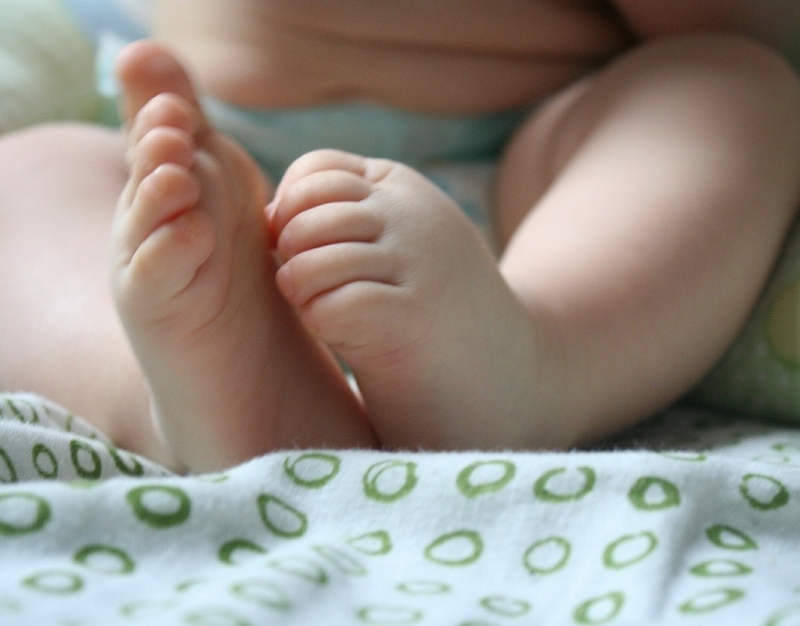

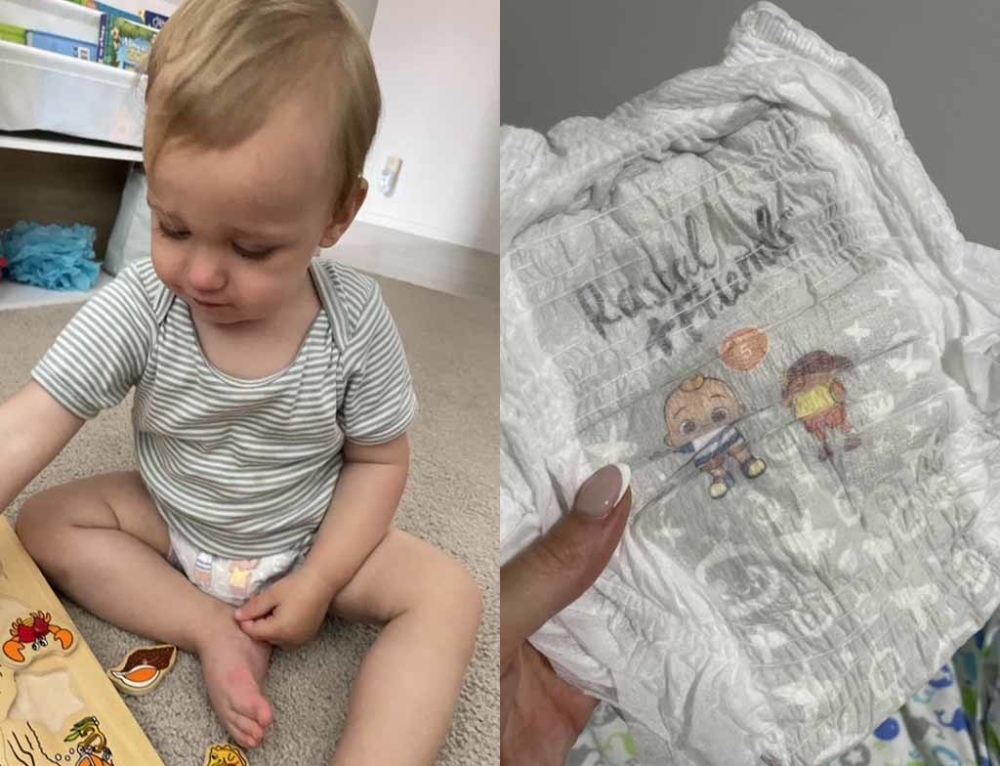
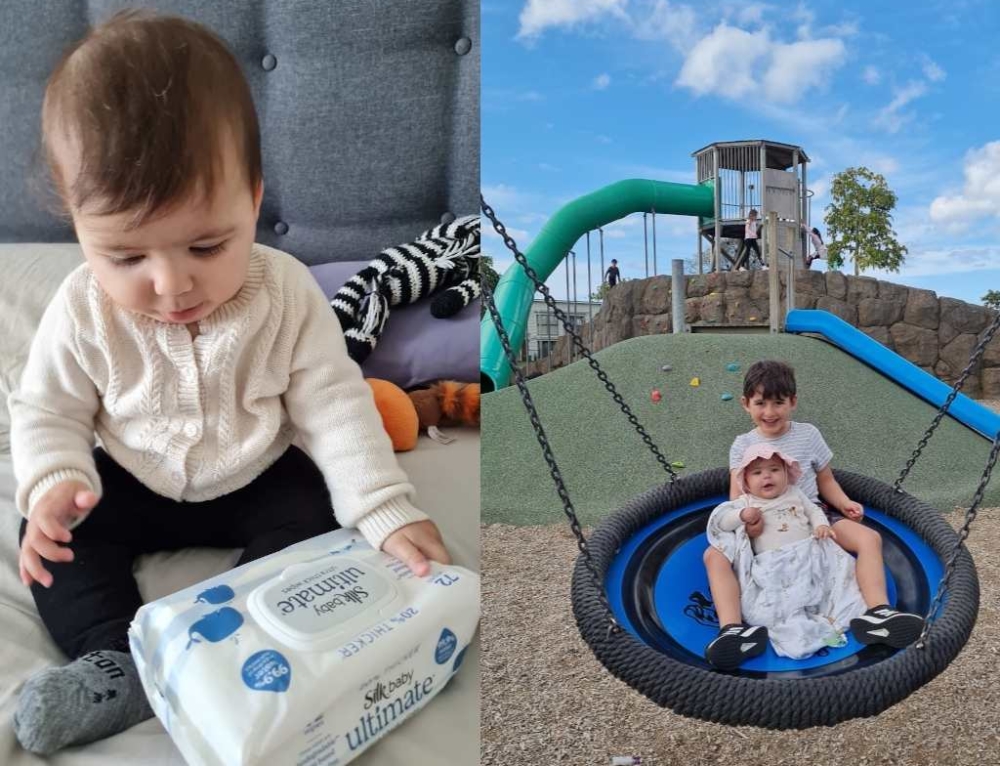
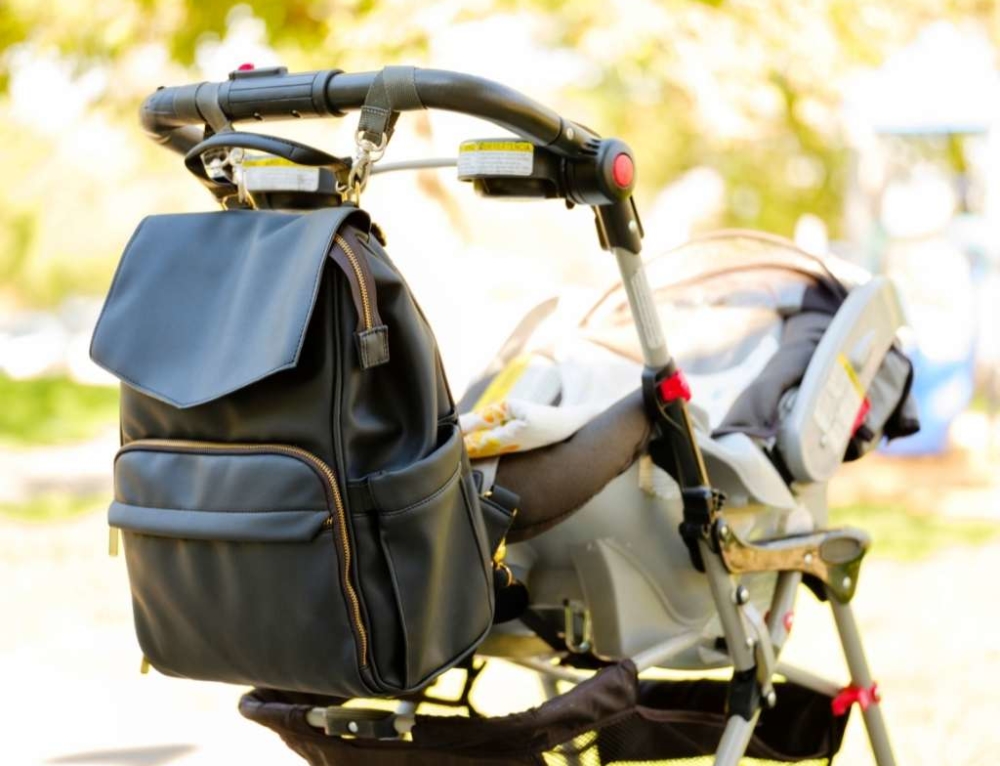
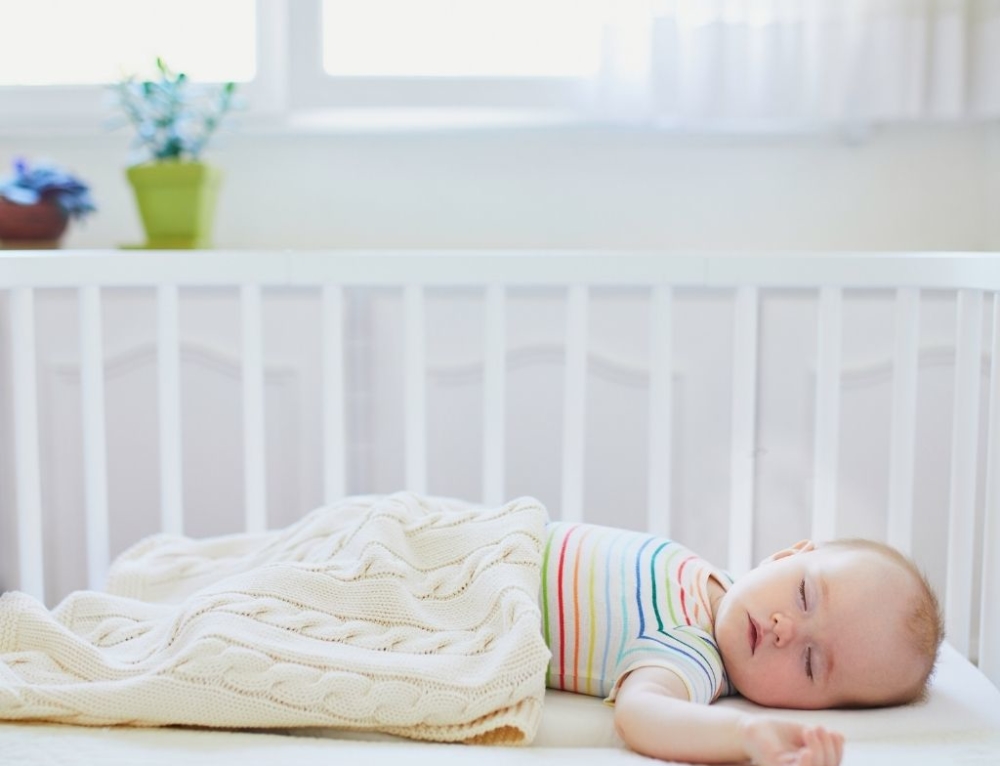
They have such great thermometers these days. Its always a concern when a baby is unwell, and I found the 0800 healthline very useful
We have had our fair share of scares especially with fever and rashes. Both girls get like a heat rash whenever they have a fever. Luckily it’s not usually anything serious, but it’s good to note that it is happening and to see it disappearing once the medicine kicks in. When they were babies, I usually checked their temperature whenever they just wouldn’t settle. If they had everything they needed including entertainment, but still cried then the next thing is addressing any pain or fever.
When I had my first baby I bought a decent Braun thermometer for testing in the ear it has been so great whenever they are grizzly I tested it and quite often we ended up at the doctors with major temps. Also like this article says trusting your instincts is a great one too as parents you know best.
very helpful tips – I also found the plunket line helpful to ask questions when not sure whether to take baby to the doctor.
I didn’t use a thermometer often when my wee one was a babe – I could tell by how she felt and find using that is better as sometimes a false reading can make you panic 🙂